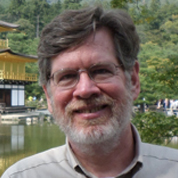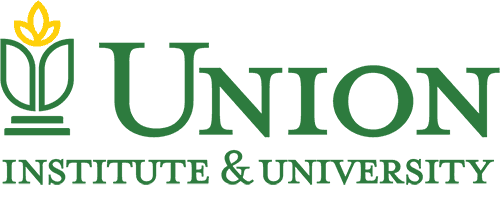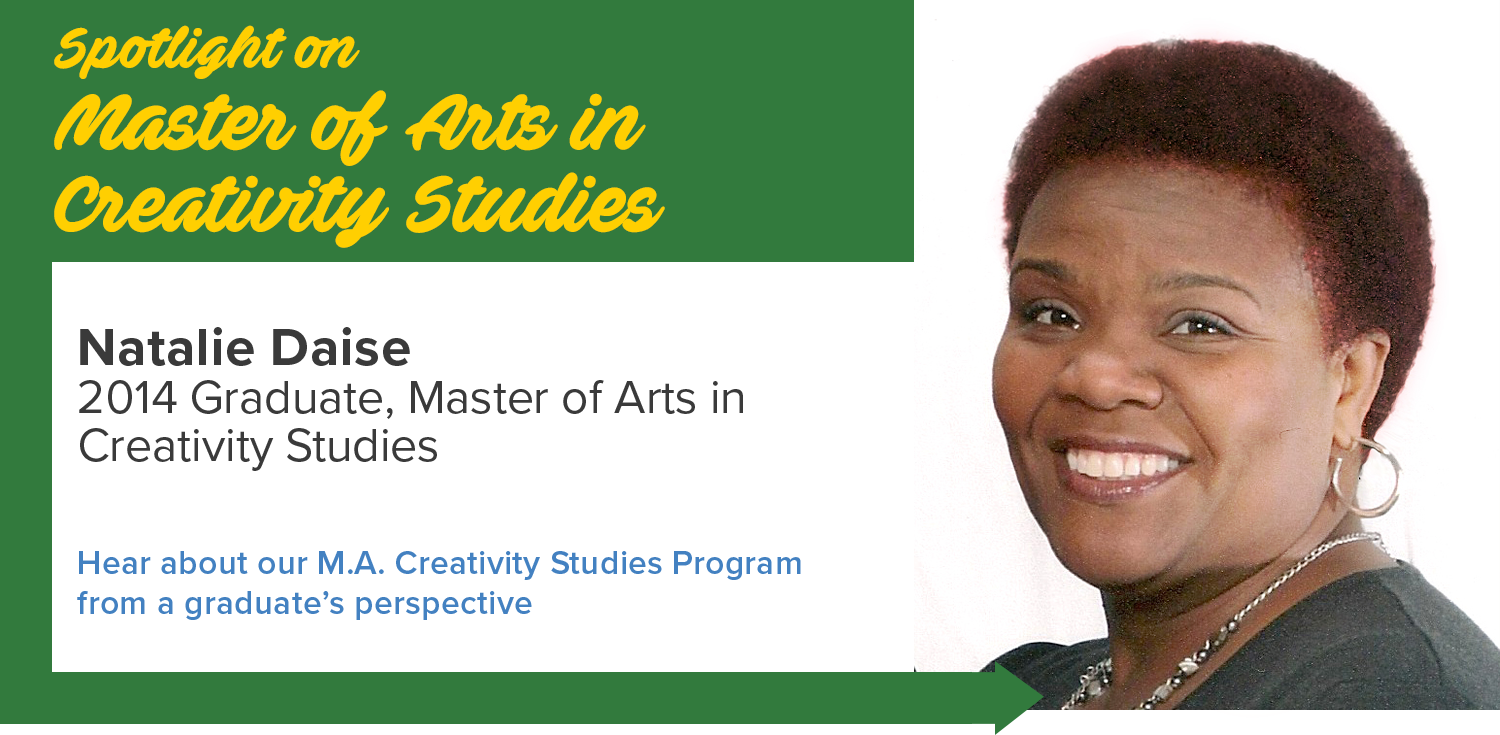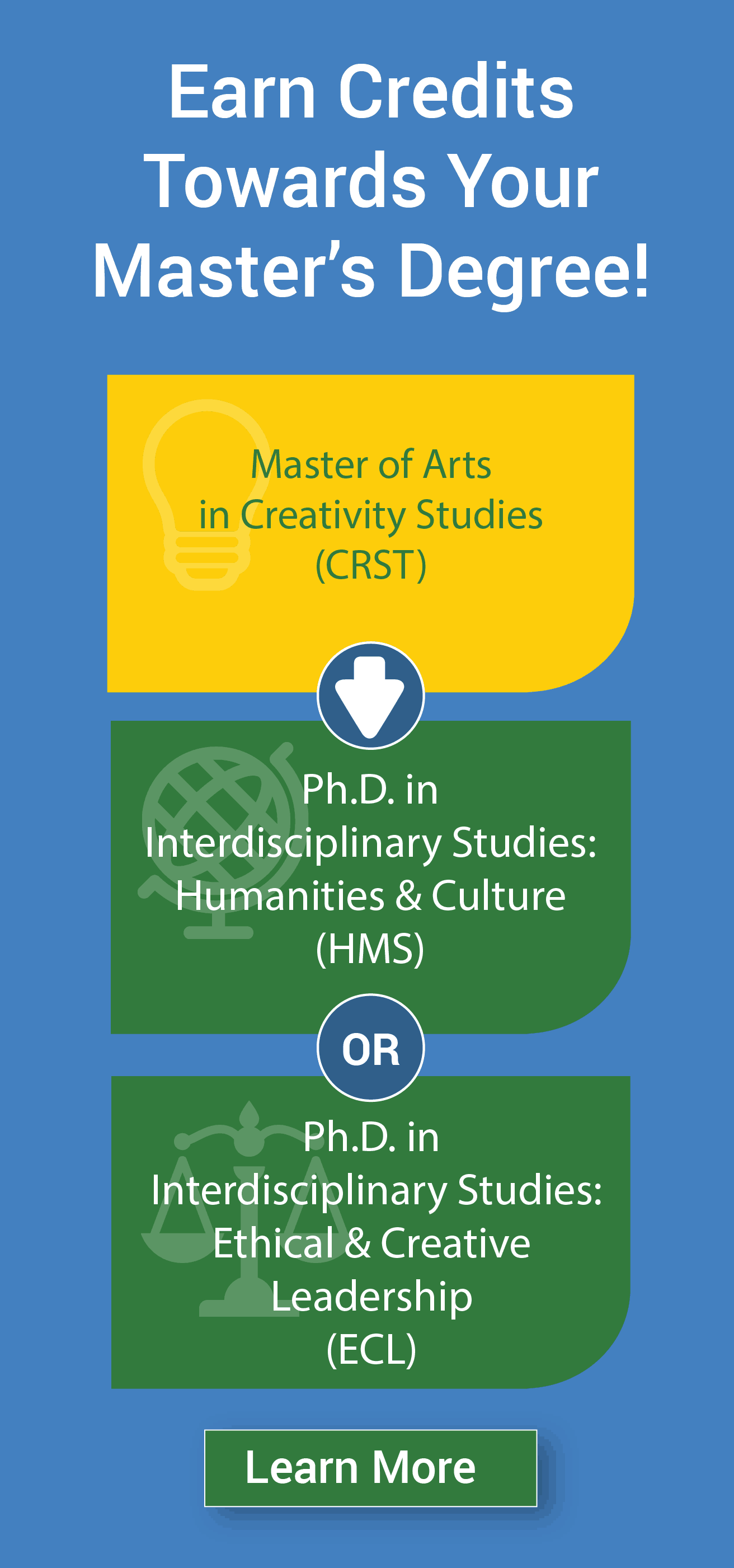Creativity Studies
Expand Your Understanding of Human Creativity
Every improvement in human life is the result of someone’s creativity. It is a vital human resource that exists in all populations, ethnicities, and cultures. Through the Master of Arts major in Creativity Studies distance learning program at Union Institute & University, one of the few graduate programs in creativity studies, you will explore major theories of the source, nature, and development of creativity from ancient Greece to the present.
Expand Your Understanding of Human Creativity
Every improvement in human life is the result of someone’s creativity. It is a vital human resource that exists in all populations, ethnicities, and cultures. Through the Master of Arts major in Creativity Studies distance learning program at Union Institute & University, one of the few graduate programs in creativity studies, you will explore major theories of the source, nature, and development of creativity from ancient Greece to the present.
Founded on Interdisciplinary Learning
Union’s Creativity Studies builds on the fields of philosophy, psychology, education, the arts, and religion. Using various quantitative and qualitative research methodologies and modes of inquiry, you will be able to discover what creativity is, how it occurs, and how we can increase our own creativity. Just as creativity is not only limited to the arts, Union’s Creativity Studies is valuable in a variety of fields including business, education, cultural studies, and the sciences.

What makes Union’s M.A. in Creativity Studies program unique?
“The majority of the courses offered in the MA program are individualized with the precise course content determined by the student and instructor working together. Our small class sizes and individualized studies provides a very low student-teacher ratio allowing for mentoring relationships to develop between students and faculty. “
-Elden Golden
Master of Arts Program Director
Careers & Benefits
applying your degree to real world experience
Our students are people with academic or work experience in a related field, those who have an interest in pursuing a master’s degree, who want to build a foundation for doctoral research, or are looking to complement their MFA. Our students also choose Union for career change or advancement and to fulfill their dream in the joy of learning.
Fields of Study Examples from our Students
-
Cultural context of creativity
-
Gender and creativity
-
How creativity develops over a life span
-
Interplay between religion or spirituality and creativity
-
Macro-creativity – how a culture creates
-
Creativity as a means of forming and maintaining community
-
Relationship between madness and creativity
-
Role of luck or chance in the creative process
-
Bringing creativity into the classroom
-
Therapeutic effects of creativity
-
Everyday creativity & it’s attraction
-
Popular misconceptions of creativity
Gainful
Employment
see quick answers to your questions on Cost, Financing, & your Success: Click here to download our guide to Union’s Gainful Employment




